
ISO 12405: a standard issued by the International Organization for Standardization (ISO) for lithium-ion batteries for electric road vehicles, including test methods for SOC.
IEC 62660: International Electrotechnical Commission (IEC) standard for lithium-ion power batteries for electric road vehicles, IEC 62660-2 part covers reliability and abuse testing of batteries, which is indirectly related to the evaluation of SOC.
SAE J2434: a standard developed by the Society of Automotive Engineers (SAE) for the testing of energy storage systems for hybrid electric vehicles, which includes requirements for SOC testing.
UN 38.3: this is the United Nations Recommendations on the Transportation of Dangerous Goods (UN Recommendations) standard and test manual, which also covers testing requirements for SOC of lithium-ion batteries to ensure safe transportation.
Several industry standards or companies require that lithium batteries be transported with a SOC set at 30% or less.
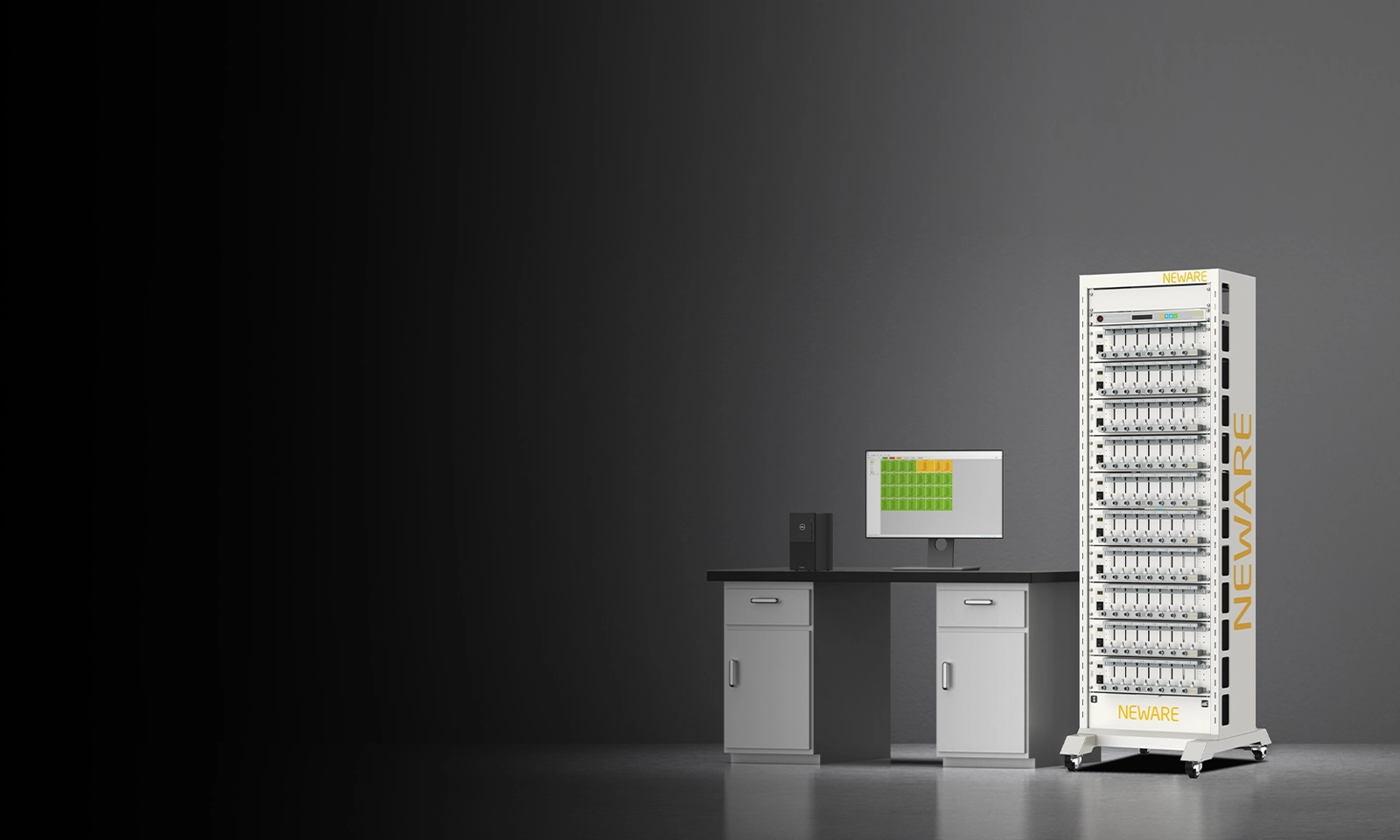
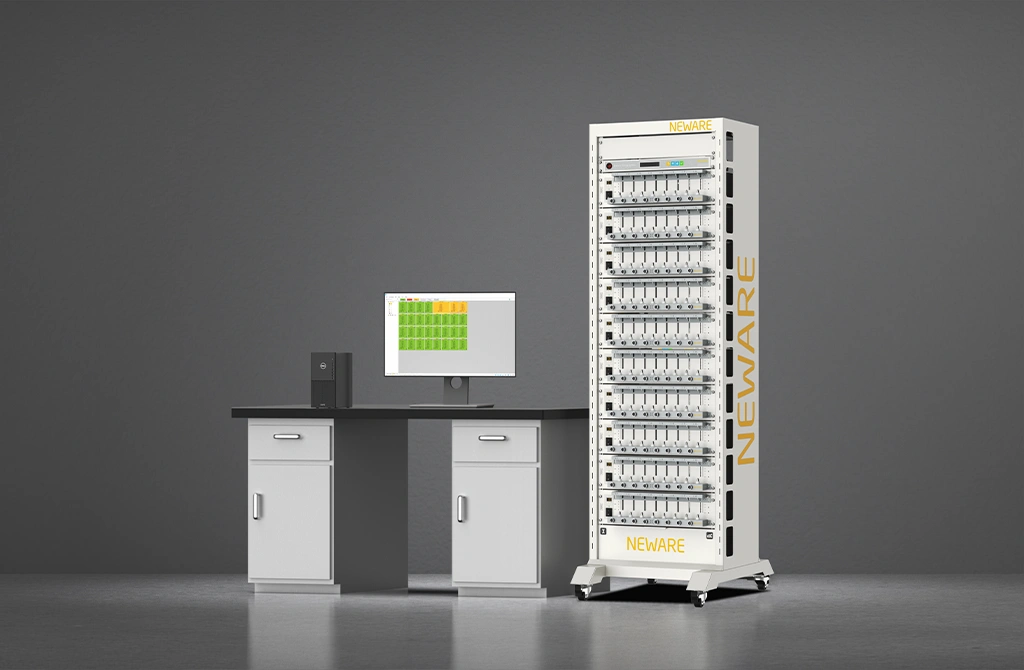
The laboratory conducts tests on power cells, including cycle life, operating temperature range, rapid charge and discharge capability, volume change, and safety, using NEWARE's 4th generation equipment for performance testing to assess the comprehensive performance and reliability of the batteries.
● Integrated testing: the equipment provides a suite of tests, such as OCV and GITT, and integrates with temperature chambers to simulate extreme conditions, offering insights into battery behavior under stress.
● Versatile configuration: it caters to diverse battery types, including cylindrical and pouch cells, and evaluates materials and designs optimized for energy density and power output.
● User-friendly design: with an intuitive interface and advanced data software, the equipment simplifies the testing process, making it more efficient and accessible for researchers focusing on performance optimization.
● Detailed data analysis: it records intricate battery performance data during charge/discharge cycles, providing deep insights into performance degradation and thermal management, essential for battery reliability and longevity.
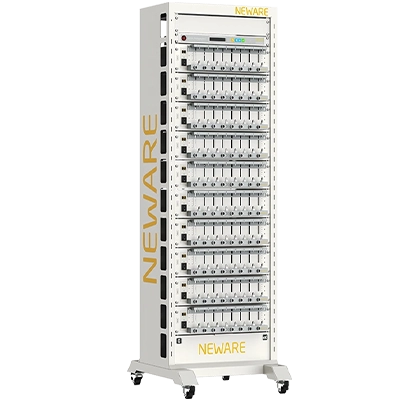
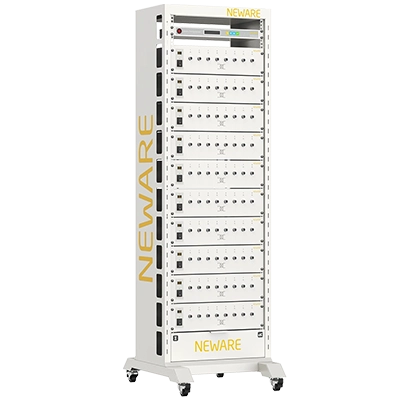
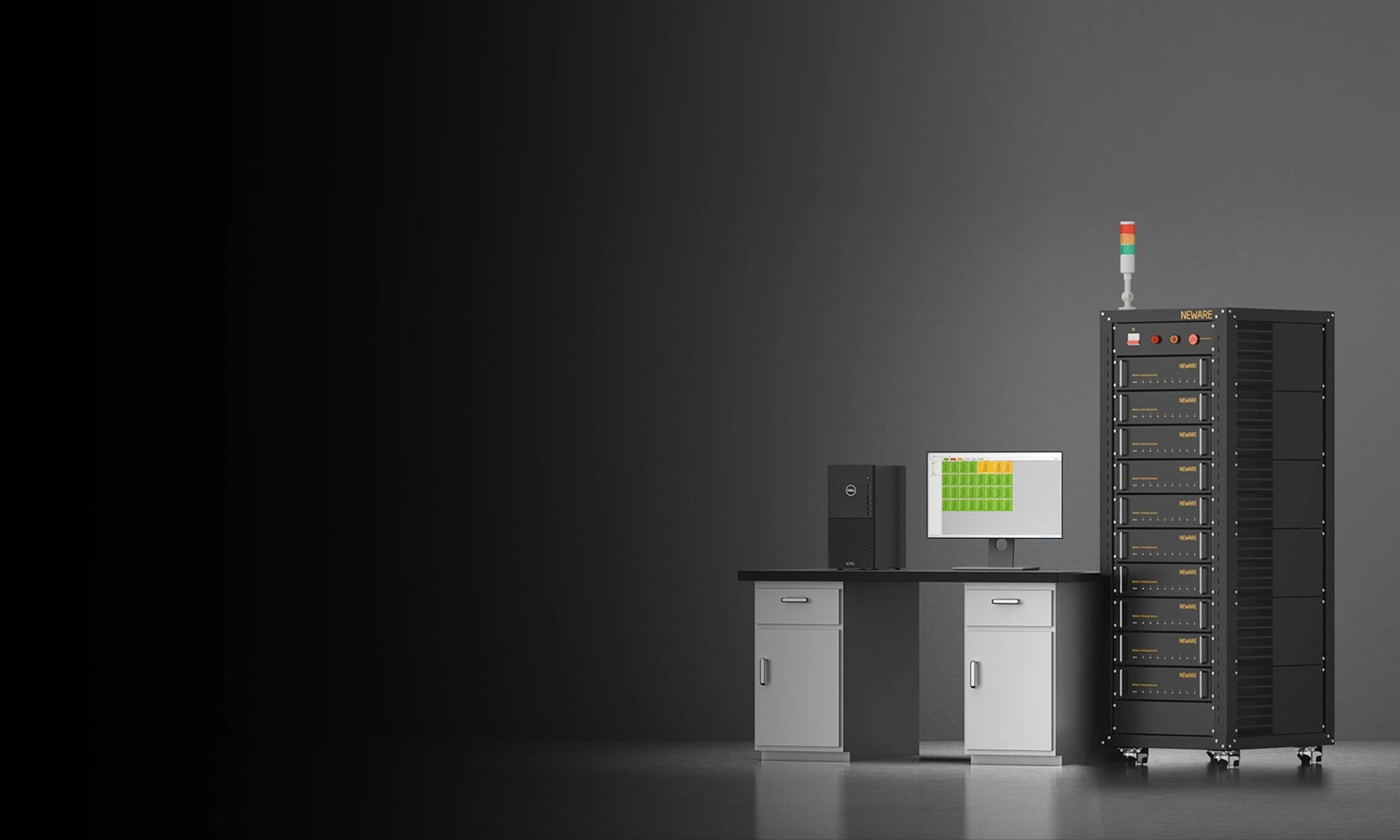
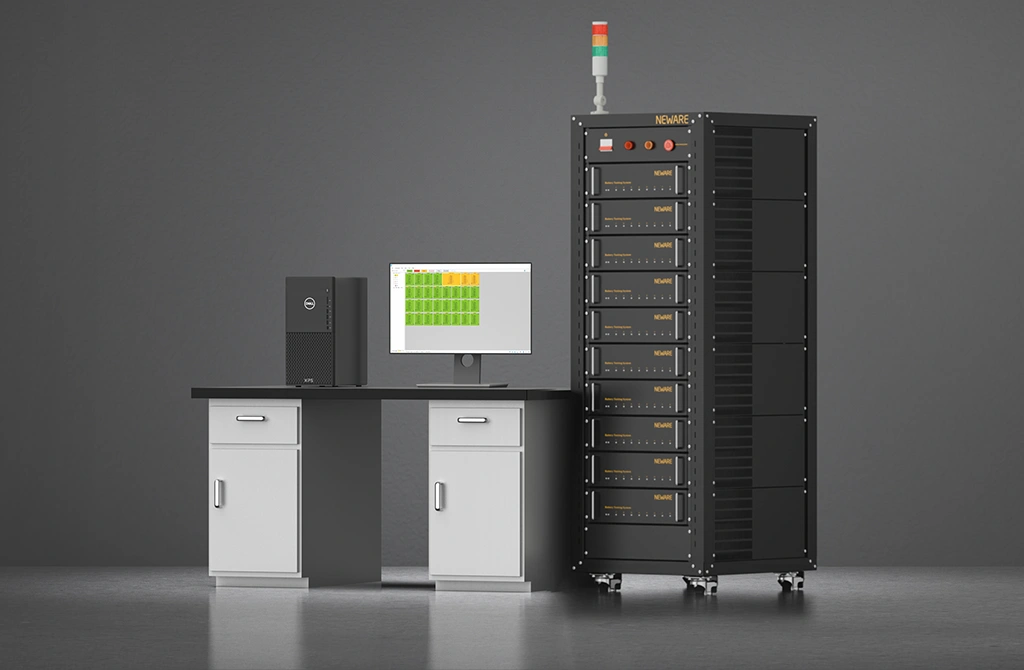
Developed to meet the high-precision requirements of power battery testing, NEWARE's 9th series products provide accurate and reliable data, ensuring the accuracy of tests through multi-range design, aiding in the research to enhance battery energy density and cycle stability.
● Rapid response and control accuracy: the equipment can achieve fast charge/discharge switching and precise current control, meeting the testing needs of power batteries under transient load changes, which is significant for assessing the dynamic response capability and performance of energy recovery systems.
● Multidimensional testing capability: combining various testing methods such as CV and DCIR, Neware's equipment can comprehensively evaluate the overall performance of power batteries, providing solid data support for material selection, structural design, and performance improvement of batteries.
● Real-time SMBus communication function: with advanced battery communication capabilities, it enables real-time monitoring and data analysis of battery status, providing immediate information for material evaluation in laboratory research and precise control of the Battery Management System (BMS).
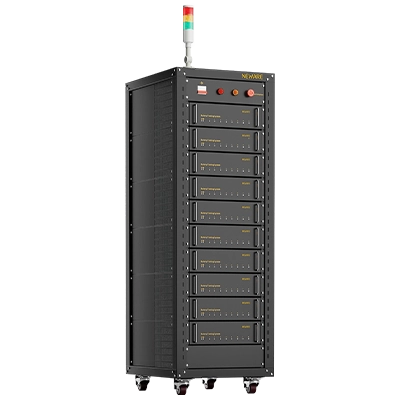
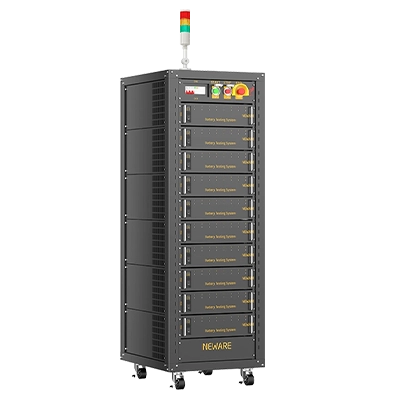
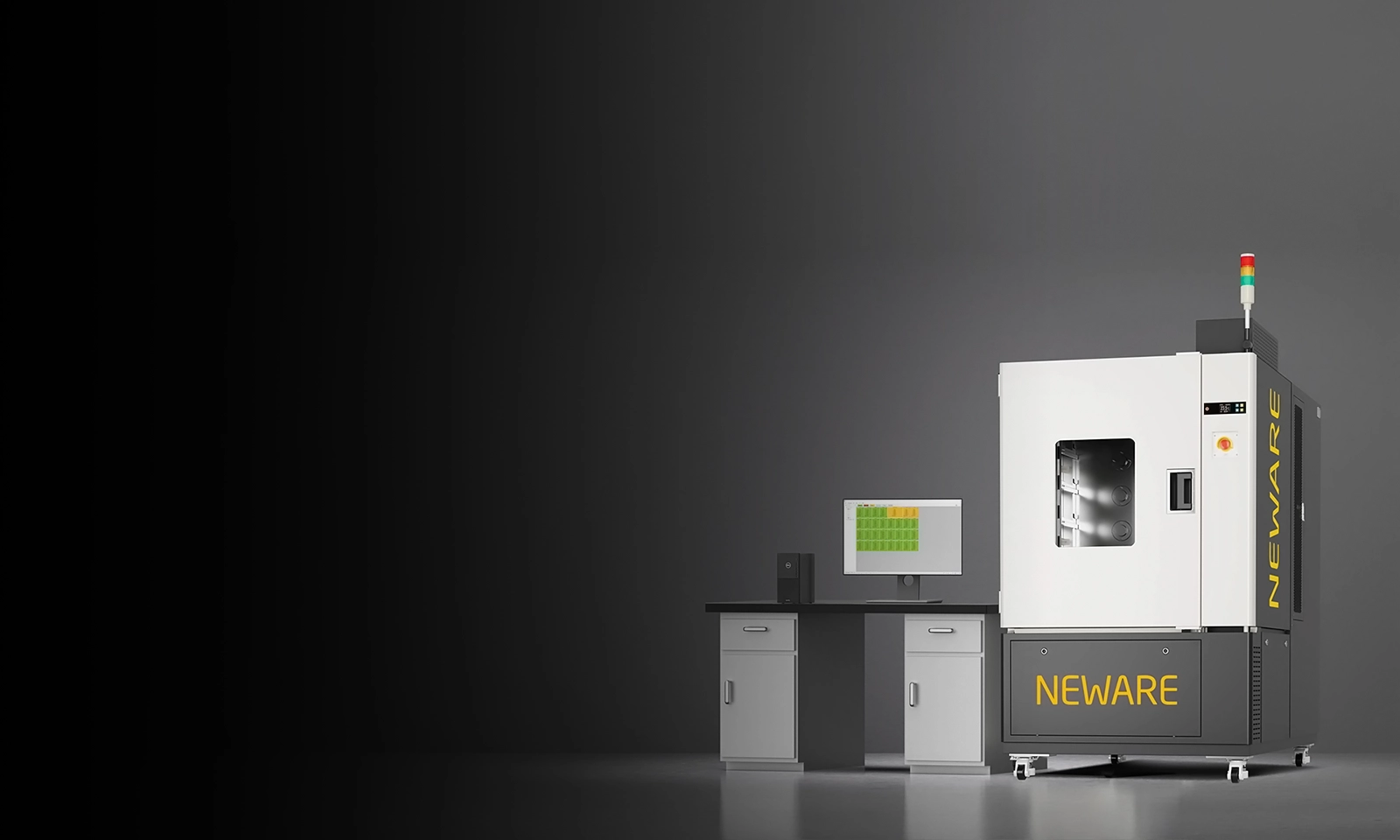
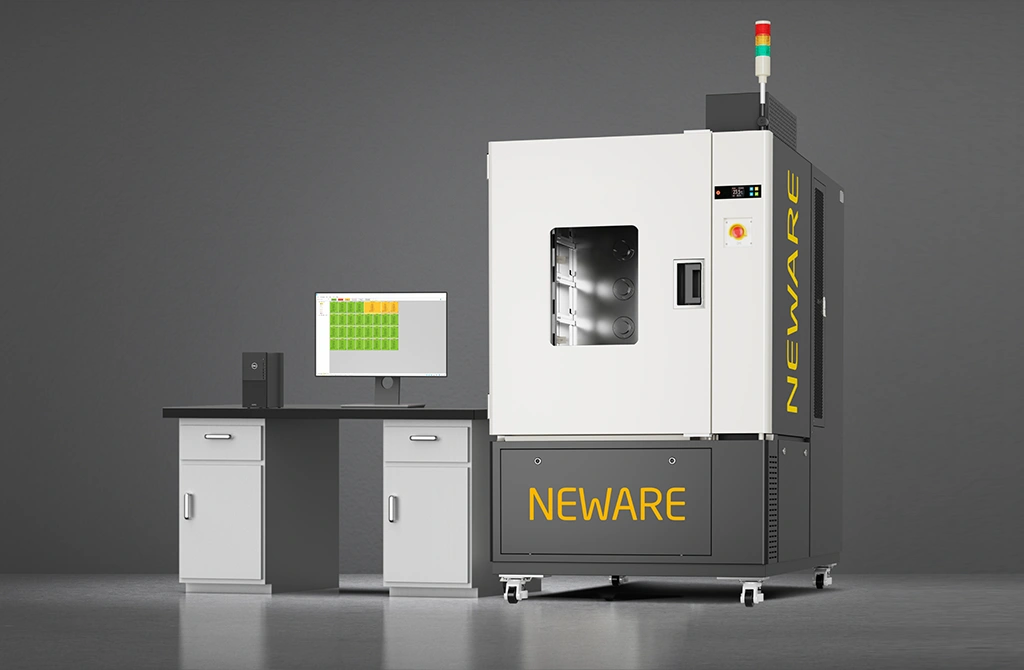
An integrated battery testing solution that combines charge/discharge testing with constant temperature chamber/high/low temperature chamber functions provides strong technical support for the performance evaluation of power batteries under a variety of temperature conditions.
● Integrated Design: the integration of charge/discharge testing and temperature control functions simplifies the laboratory testing process and reduces the complexity of wiring between devices, providing a more streamlined and efficient testing environment for the lab.
● Temperature Effect Evaluation on Cycle Life: by conducting cycle life tests at different set temperatures, the equipment can assess the impact of temperature changes on the battery aging process.
● Enhancing Battery Performance Stability: by simulating various temperature conditions that may be encountered in actual applications, the equipment can evaluate the performance stability of batteries across different temperature ranges, providing data support for material selection and structural design of batteries.
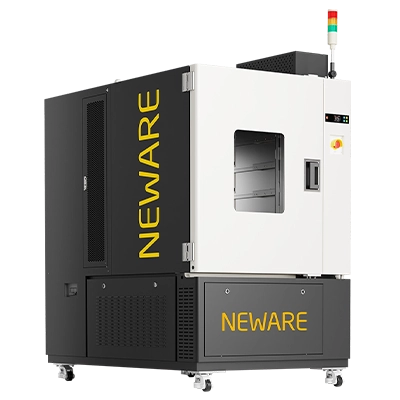
● Voltage & Current Accuracy:±0.05% F.S.
● Recording Frequency:100Hz
● Number of Channels:80CH
● Temperature Range & Deviation:50℉ ~ 185℉±3.6℉(10℃ ~ 85℃±2.0℃)
● Heating Efficiency:77℉ ~ 185℉ ≤40min(25℃ ~ 85℃)
● Cooling Efficiency:77℉ ~ 50℉≤40min(25℃~10 ℃)